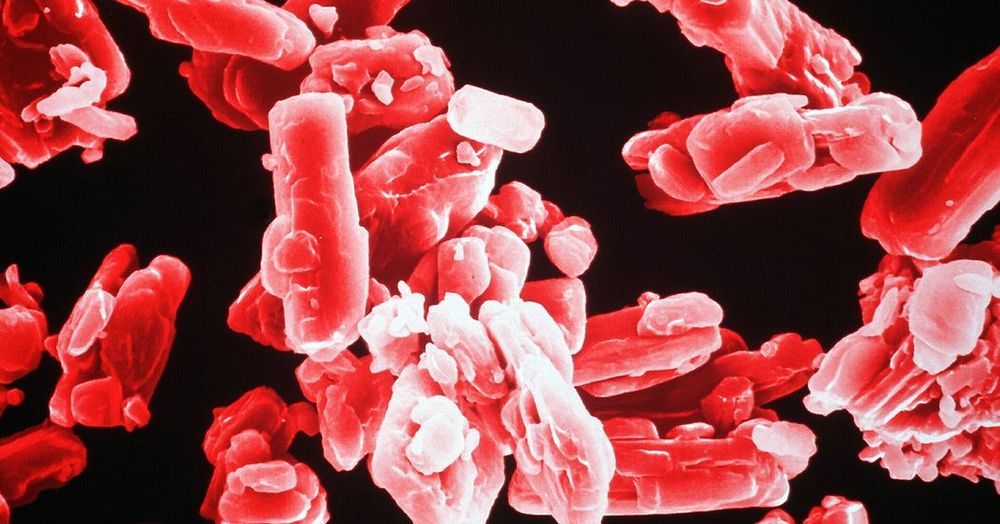Animal experiments demonstrating the anti-aging effects of exchanging young blood plasma for old have been prominent in the last two months. Several groups are saying it’s time to translate their findings into human trials. But I’ve recently learned that others have been doing this for several years. What can we learn from their results to guide the next steps in experimentation?
I had never heard of Grifols, the Spanish pharmaceutical company that is the world’s largest supplier of albumin. Since 2005, Grifols has been quietly funding world leaders in plasma exchange research in humans. Albutein ® is their brand-name solution of human albumin.
Last month, the first results of the Grifol’s AMBAR trial were released. (AMBAR stands for A lzheimer’s M odulation B y A lbumin R eplacement). It was a much larger-scale phase 2.5 trial, with 496 subjects recruited from sites in Spain and USA, and treated for 14 months. A single treatment consisted of removing 2.5 to 3 litres of blood (more than half the body’s inventory) and replacing it with Albutein. Patients began with 6 weekly treatments, and thereafter there were 12 monthly smaller plasma replacements (0.7 litres), again with Albutein.








 (Wikimedia Commons)
(Wikimedia Commons) 